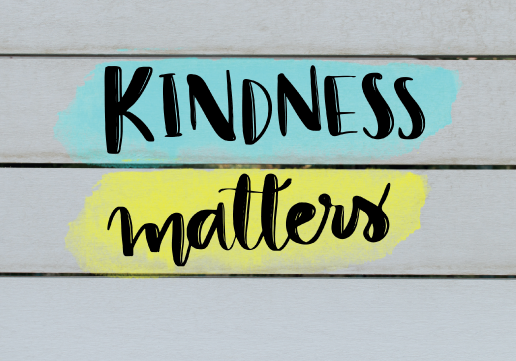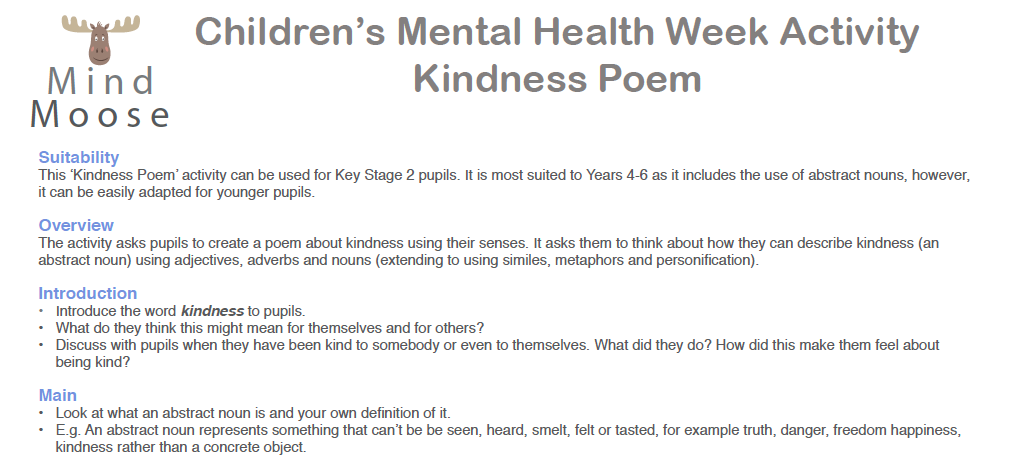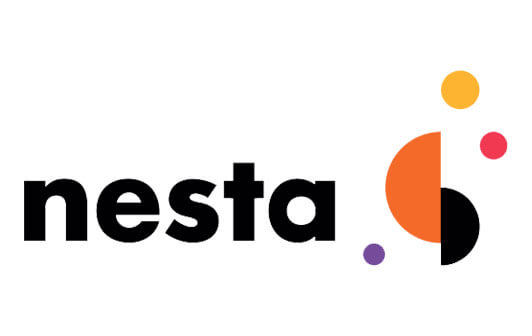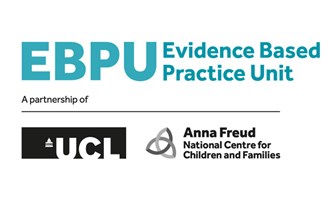
Suitability
This activity can be used for any age pupil but can be easily adapted for younger pupils by providing different sentence starters for children to use to help them come up with their own quotes.
Overview
This activity asks pupils to create a slogan or quote about kindness and being kind to others. It encourages children to think about what the definition of kindness is and how this can relate to other people. It helps them to think about acts of kindness.
Introduction
- Ask pairs of pupils to think about what kindness means to them.
- Discuss as a class and decide on a definition.
- Share some of the ways that kindness can be shown? E.g. kindness can be an action, a small action, which we make a choice to help somebody and make them feel better about themselves. It can have a big impact on people around us.
What does kindness look like?
- Ask 2 pupils to come to the front and give them a toy to play with.
- Prime one of the pupils to snatch the toy from the other.
- Discuss how that felt.
- Ask the pupils to model how playing with the toy with kindness might look in contrast.
- If you wish, give a toy to all pairs to repeat.
Main
- Show pupils some different quotes about kindness and acts of kindness. E.g.No act of kindness, no matter how small, is ever wasted. – Aesop.
- Discuss as a class what these might mean.
- Show pupils some different slogans about kindness. Discuss with the children what these might mean. E.g. Kindness can change the world. (An online search for ‘kindness quotes and slogans for children‘ returns many examples to use. And there are some more here.)
- Ask pupils to think/pair/share what the difference is between a slogan and a quote?
- A quote is a saying or a statement of somebody’s thoughts or opinions. A slogan is used by an organisation usually as a way of attracting attention. It is a phrase which is easily remembered.
- Ask pupils to group different statements and phrases into quotes and slogans.
- Invite them to identify and explain why they would be quotes or slogans and explain?
Creating a kindness quote or slogan
- Give out appropriate materials and ask pupils to design their own quotes and/or slogans about kindness for a display in the classroom.
- To help those who may struggle to come up with their own ideas, pupils could work in supportive groupings, use the quotes/slogans from the grouping activity or some sentence starters to help them.
Plenary
- Ask pupils to stick their slogans and quotes on the wall and share as a class.
- Discuss how they make them feel about kindness.
- They could take some home to share.
Ideas for extension
- Pupils could use their slogans/quotes and come up with a persuasive poster or letter to encourage the class (or another class) to be kind to others.







